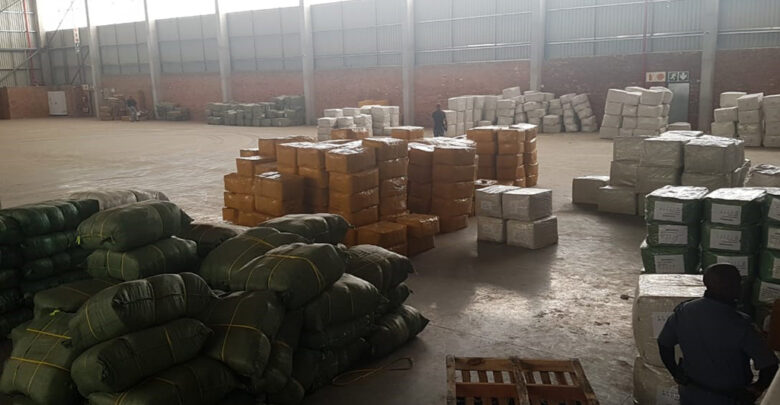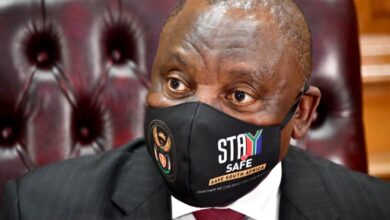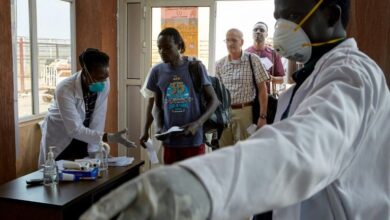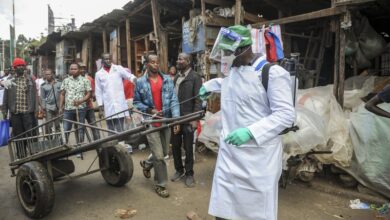South Africa
Interpol Seizes Thousands Of Fake Doses Of COVID-19 Vaccines In South Africa, China

Global police agency Interpol on Wednesday revealed security officials have seized thousands of counterfeit doses of the coronavirus vaccine in South Africa and China, reported Africa News.
In a statement, the international police force said 400 vials, which is equivalent to about 2,400 doses, containing the fake vaccine were found at a warehouse in Germiston outside Johannesburg in South Africa. A large number of fake masks were also found and police arrested three Chinese nationals and a Zambian national.
South African national police spokesperson, Brigadier Vish Naidoo, said the government has adopted an integrated multi-disciplinary law enforcement approach right from the time when COVID-19 reached the shores of the country.
He said the collaboration with counterparts from all Interpol member countries is proving to be very effective as it has resulted in the arrests for foreign nationals attempting to peddle fake vaccines to unsuspecting people within South Africa.
South Africa began its vaccination campaign on Feb. 17, with health-care workers receiving the first single-shot doses developed by Johnson & Johnson.
In China, police successfully identified a network selling fake COVID-19 vaccines, raided the manufacturing premises, and arrested some 80 suspects. More than 3,000 fake vaccines were seized from the premises.
Interpol’s secretary-general Jurgen Stock warned that the discovery of the network was “only the tip of the iceberg” of coronavirus vaccine-related crime.
In December, Interpol warned of a risk that gangs would capitalize on the global demand for vaccines by stealing real doses or selling fake ones.
The international police force warned the public that no approved vaccines are currently available for sale online and that any vaccine being advertised on websites or the dark web may be dangerous, not legitimate, and tested.
The statement warned that anyone who buys these drugs is putting themselves at risk and giving their money to organized criminals.
The investigation was carried out by the Illicit Goods and Global Health (IGGH) Programme of Interpol.





